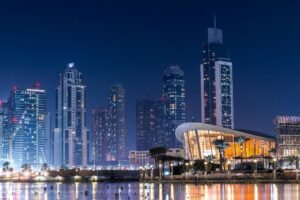Malaysia, a country renowned for its rich cultural tapestry, is also home to a burgeoning coffee culture that reflects its diverse heritage. From traditional kopi stalls to contemporary cafés, Malaysia’s unique brews offer a delightful journey for coffee enthusiasts. This blog explores the distinct flavors, brewing techniques, and coffee varieties that make Malaysian coffee culture a must-experience.
The History of Coffee in Malaysia
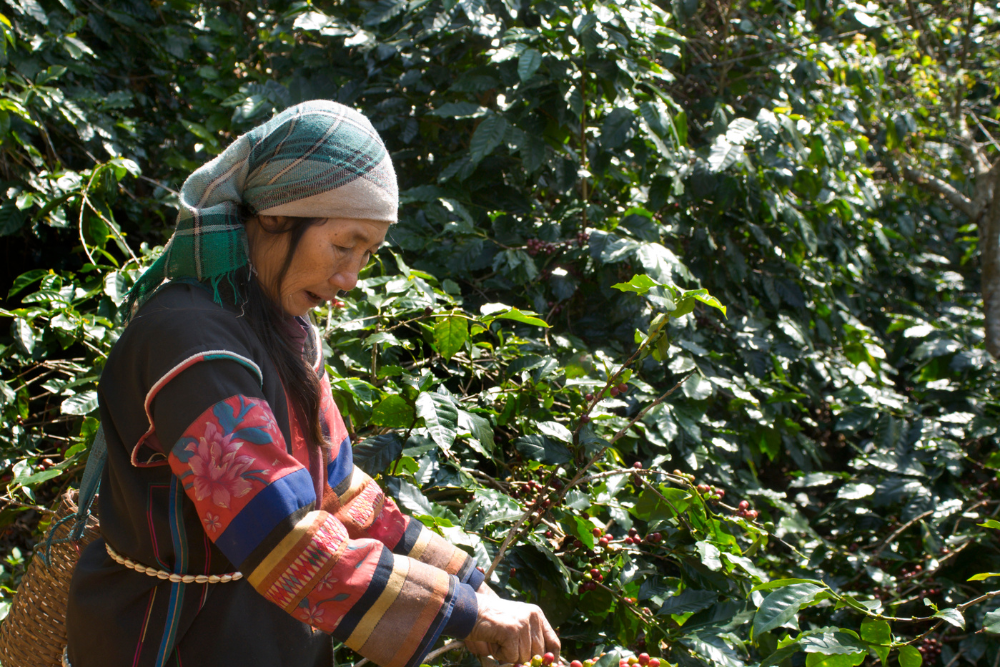
Coffee has a long-standing history in Malaysia, dating back to the 18th century. Initially brought by the Dutch to the plantations of Malacca, the coffee plant thrived in Malaysia’s tropical climate. By the 19th century, coffee cultivation expanded to the highlands of Penang and later to the Cameron Highlands, where the cooler climate produced a unique flavor profile.
The iconic Malaysian coffee, commonly referred to as kopi, emerged from this rich history. Kopi is typically brewed using Robusta beans, which are favored for their strong and bold flavors. The brewing process often involves a traditional sock filter, creating a rich, thick coffee that is both invigorating and comforting.
Traditional Malaysian Coffee: Kopi
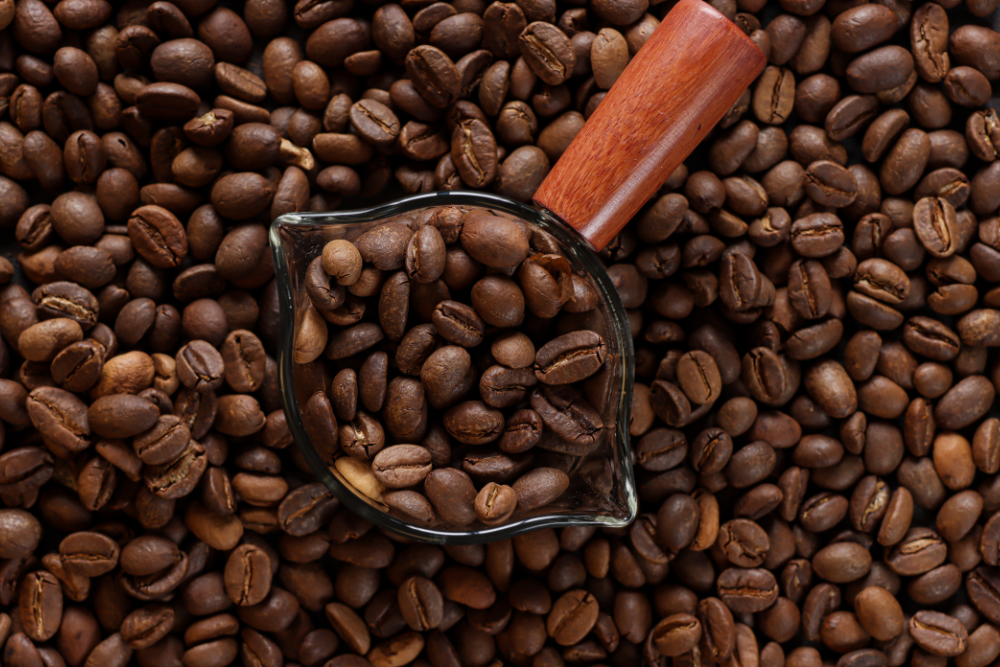
Kopi is more than just a beverage in Malaysia; it’s a cultural staple. Served in kopitiams (coffee shops), it is a vital part of daily life for many Malaysians. The traditional preparation involves roasting beans with sugar and margarine, resulting in a caramelized flavor that is unique to Malaysian coffee.
Types of Kopi
- Kopi O: Black coffee without milk, sweetened with sugar.
- Kopi Tarik: A frothy milk coffee made by “pulling” the coffee between two cups to aerate it.
- Kopi Susu: Coffee with condensed milk, creating a rich and creamy taste.
- Kopi Bing: Iced coffee, perfect for hot Malaysian days.
Each type of kopi brings its own distinct flavor and experience, catering to diverse palates.
Modern Coffee Scene: Third Wave Coffee

In recent years, Malaysia has witnessed the rise of third-wave coffee culture, emphasizing quality, sustainability, and artisanal brewing techniques. This movement has transformed the coffee landscape, with an influx of specialty coffee shops emerging in urban areas like Kuala Lumpur, Penang, and Johor Bahru.
Specialty Coffee Shops
These coffee shops focus on sourcing high-quality beans, often featuring single-origin coffees from local plantations. Some notable establishments include:
- The Brew Crew: Known for its artisanal approach and commitment to sustainability, this café offers a variety of brewing methods, from pour-overs to siphons.
- Pulp Coffee: Located in an old printing factory, Pulp Coffee sources beans from around the world, emphasizing the importance of bean origin and roast profiles.
- VCR: With a focus on exceptional service and quality, VCR serves a range of specialty coffee drinks, providing an inviting space for coffee lovers to gather.
Brewing Techniques
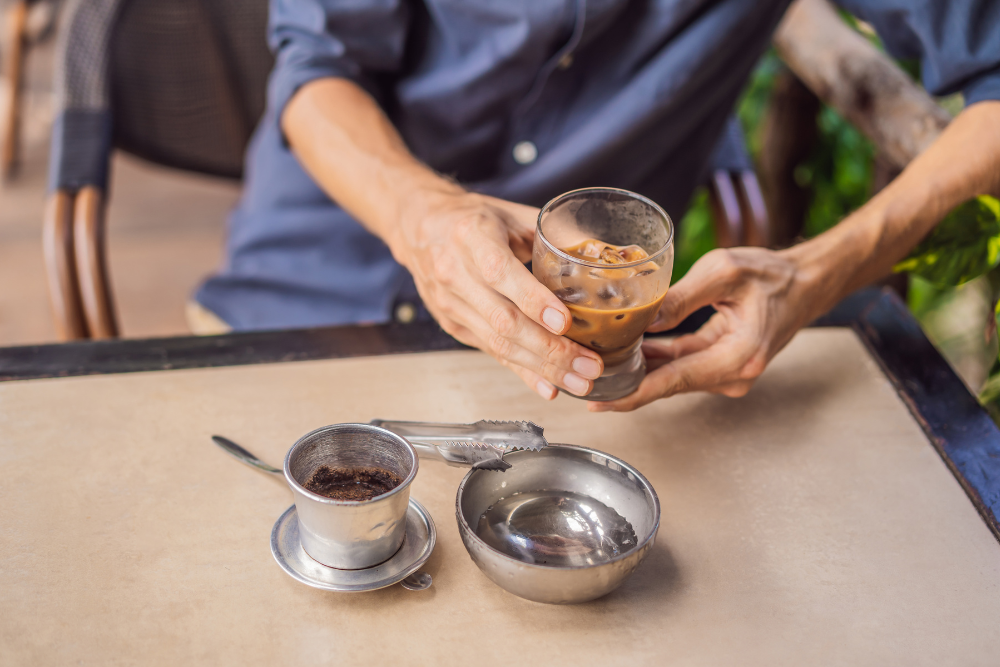
Third-wave coffee shops utilize various brewing methods to enhance the flavor profiles of their beans:
- Pour-Over: This method allows for precise control over the brewing process, resulting in a clean and bright cup of coffee.
- Siphon: A theatrical brewing method that uses vapor pressure, producing a complex and aromatic cup.
- Aeropress: A versatile method that allows for experimentation with grind size and brewing time, yielding a rich and flavorful brew.
Local Coffee Varieties

Liberica Coffee
One of the most unique aspects of Malaysian coffee culture is the cultivation of Liberica coffee, a lesser-known coffee variety. Grown primarily in the state of Johor, Liberica has a distinct flavor profile characterized by its fruity and floral notes, with a slightly woody finish.
The history of Liberica in Malaysia dates back to the late 19th century when it was introduced as an alternative to the more popular Arabica and Robusta varieties. While it remains a niche product, local coffee enthusiasts are starting to appreciate its unique characteristics, leading to a renewed interest in Liberica coffee.
Barista Competitions
The rise of specialty coffee has also led to increased participation in barista competitions. Events like the Malaysia National Barista Championship showcase talented baristas who push the boundaries of coffee preparation. These competitions highlight the skills involved in crafting the perfect cup, from latte art to flavor profiling.
Coffee and Food Pairings

In Malaysia, coffee is often enjoyed alongside traditional local delicacies, enhancing the overall dining experience. Popular pairings include:
- Roti Canai: A flaky flatbread served with dhal or curry, the savory flavors complement the richness of kopi.
- Nasi Lemak: This iconic dish, featuring coconut rice, sambal, and fried chicken, pairs beautifully with the robust flavors of kopi O.
- Cendol: A popular dessert made with shaved ice, pandan jelly, and coconut milk, cendol provides a refreshing contrast to the bitterness of coffee.
Café Culture
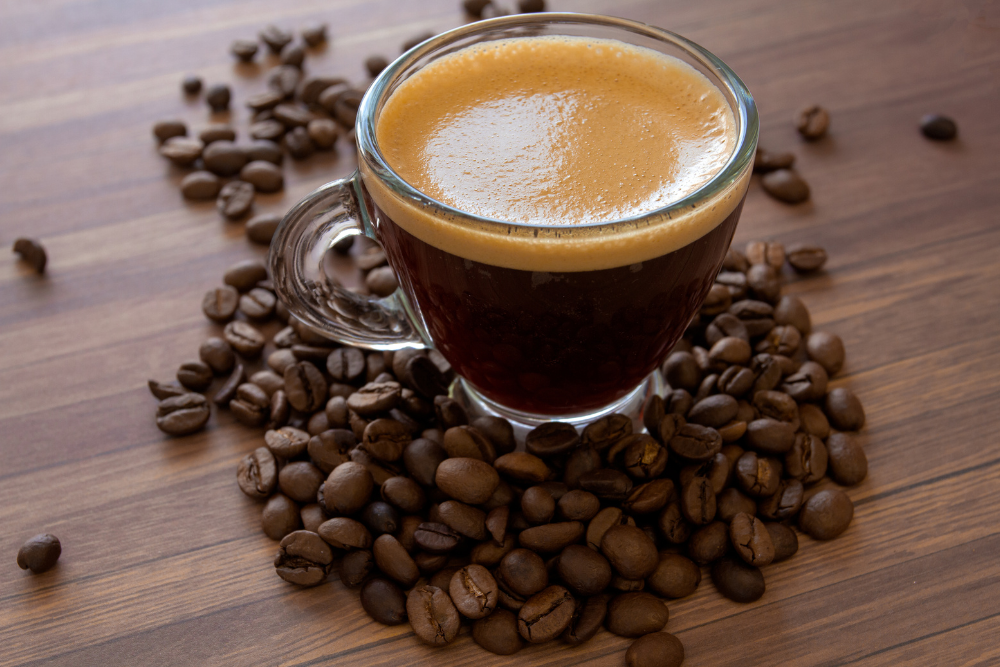
The modern café culture in Malaysia has become a social hub for people of all ages. Cafés are often designed to be inviting spaces where friends gather, work remotely, or simply relax. The ambiance, combined with the diverse coffee offerings, creates a unique experience that attracts both locals and tourists alike.
Sustainability and Ethical Sourcing

As the coffee scene evolves, there is a growing emphasis on sustainability and ethical sourcing. Many coffee shops prioritize working with local farmers and cooperatives to ensure fair trade practices. This focus not only supports the local economy but also promotes environmental sustainability.
Direct Trade Relationships
Establishments like Brew Culture and The Coffee Academics emphasize direct trade relationships with farmers, ensuring that producers receive fair compensation for their beans. This approach fosters a sense of community and transparency, allowing consumers to appreciate the story behind their cup of coffee.
Conclusion: A Journey Through Malaysian Coffee Culture

Exploring Malaysia’s coffee culture is a delightful adventure that offers a blend of tradition and modernity. From the rich flavors of traditional kopi to the innovative brewing techniques of specialty coffee shops, there is something for every coffee lover.
As you savor a cup of kopi or a meticulously brewed specialty coffee, you’re not just enjoying a beverage; you’re partaking in a cultural experience that reflects Malaysia’s rich history, diversity, and passion for coffee. Whether you’re a local or a visitor, immersing yourself in this vibrant coffee culture is a journey worth taking.
So, the next time you find yourself in Malaysia, take a moment to appreciate the unique brews that this beautiful country has to offer. Your taste buds will thank you!











